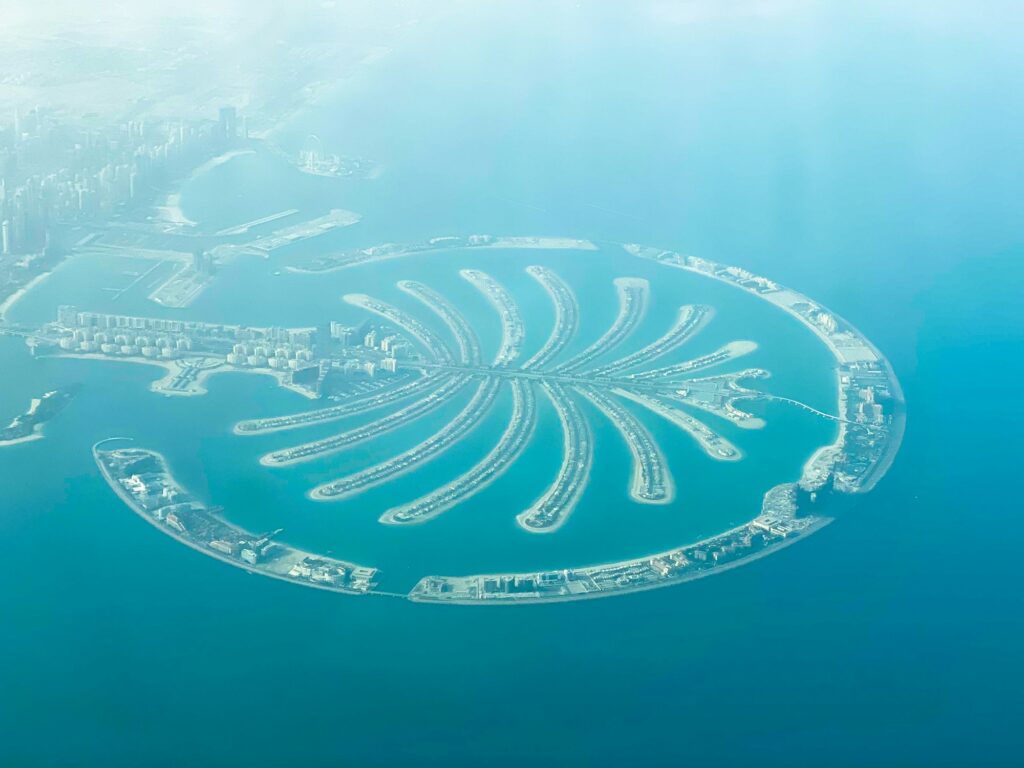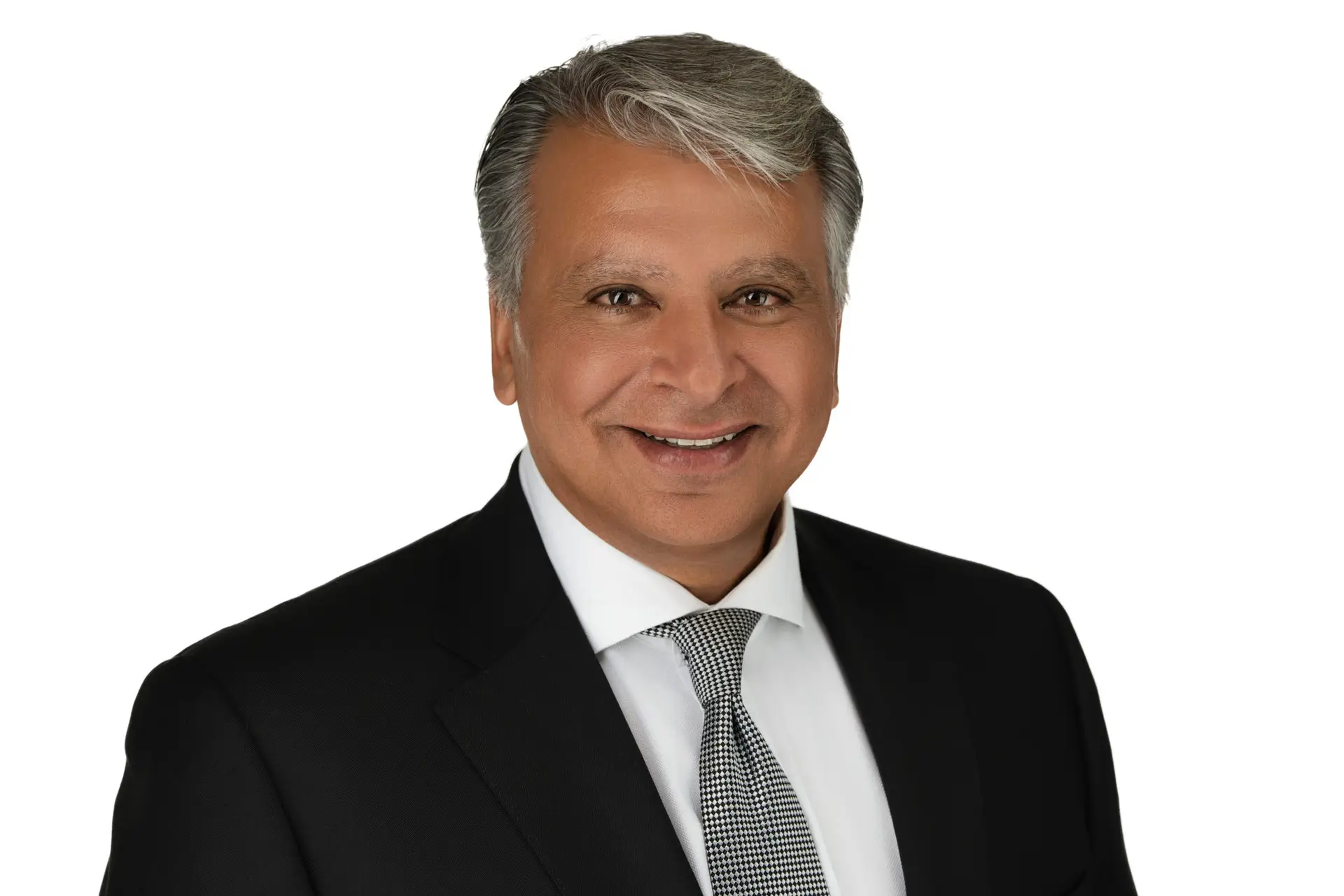Introduction
Dubai is a vibrant metropolis known for its futuristic skyline, luxurious lifestyle, and a melting pot of cultures. For healthcare professionals considering a move to the GCC region, Dubai offers a unique blend of modernity and tradition, making it an attractive destination for expatriates from around the world. In this guide, we’ll delve into the lifestyle, culture, cost of living, and expat communities in Dubai, highlighting the city’s attractions, safety, and opportunities for professionals.
Lifestyle
Living in Dubai is synonymous with luxury and convenience. The city boasts world-class amenities, from high-end shopping malls like The Dubai Mall and Mall of the Emirates to exquisite dining options that cater to every palate. The cosmopolitan atmosphere is reflected in the city’s diverse culinary scene, featuring restaurants that offer everything from authentic Middle Eastern cuisine to international delicacies.
Dubai’s cultural landscape is equally diverse. The city is home to numerous cultural festivals, art galleries, and music events that celebrate both local and international talent. The Dubai Opera and Alserkal Avenue are just a few examples of the city’s thriving arts scene.
The lifestyle in Dubai is one of luxury and convenience. Expatriates enjoy a high standard of living, with access to some of the world’s best amenities. The city is famous for its towering skyscrapers, luxurious hotels, and pristine beaches. Weekend activities range from shopping at world-renowned malls, dining at gourmet restaurants, and exploring traditional souks. Dubai’s nightlife is also vibrant, with a plethora of bars, clubs, and lounges offering diverse entertainment options.
Housing
Housing options in Dubai range from luxurious villas in gated communities to high-rise apartments with stunning views of the city. Areas like Downtown Dubai, Jumeirah, and Dubai Marina are popular among expatriates for their modern infrastructure and proximity to key attractions. Renting a property in Dubai can be expensive, but the variety of options ensures that there is something for every budget.
The housing market in Dubai offers a wide range of options to suit various lifestyles and budgets. Popular residential areas for expats include:
- Downtown Dubai: Known for its iconic Burj Khalifa and bustling city life.
- Dubai Marina: Offers waterfront living with modern apartments and easy access to leisure activities.
- Jumeirah: A suburban area with luxurious villas, close to beaches and parks.
- Arabian Ranches: A gated community with family-friendly amenities.
Rental prices can vary significantly based on the location and type of accommodation. For example, a one-bedroom apartment in the city center might cost between AED 80,000 to AED 120,000 per year, while a similar apartment in a suburban area could be around AED 50,000 to AED 80,000 per year.
Transportation
Dubai’s transportation network is highly developed, offering a variety of options for getting around the city. The Dubai Metro is a convenient and cost-effective way to navigate the city, with lines that connect major business districts, residential areas, and tourist attractions. Taxis and ride-sharing services like Uber and Careem are also widely available. For those who prefer driving, the city’s road infrastructure is excellent, although traffic can be heavy during peak hours.
Public transportation in Dubai is efficient and affordable. The Dubai Metro is a popular choice, with two lines that cover major parts of the city. Additionally, there are extensive bus routes and a modern tram system in areas like Dubai Marina. Taxis are abundant and reasonably priced, and ride-sharing apps like Uber and Careem are widely used.
For those who prefer driving, renting or buying a car is straightforward. However, it’s essential to be aware of the traffic conditions, especially during peak hours. Parking is generally available, although it can be costly in busy areas.
Entertainment
Entertainment in Dubai is limitless. The city is famous for its record-breaking attractions such as the Burj Khalifa, the world’s tallest building, and the Palm Jumeirah, an artificial archipelago. Adventure enthusiasts can enjoy desert safaris, dune bashing, and skydiving, while water lovers can indulge in activities like jet skiing, kite surfing, and visiting the Atlantis Aquaventure Waterpark.
For a more laid-back experience, Dubai offers numerous parks, beaches, and promenades. The Dubai Fountain show at the base of the Burj Khalifa and the Miracle Garden, a floral paradise, are perfect for family outings.
Dubai is a playground for those seeking leisure and adventure. Key attractions include:
- Burj Khalifa: The tallest building in the world offers stunning views from its observation decks.
- Dubai Mall: One of the largest shopping malls globally, featuring an aquarium, ice rink, and numerous retail and dining options.
- Palm Jumeirah: An artificial island with luxury hotels, beaches, and entertainment venues.
- Dubai Marina: A lively area with waterfront dining, shopping, and recreational activities.
- Desert Adventures: Experience dune bashing, camel riding, and traditional Bedouin camps.
- Cultural Sites: Visit the Dubai Museum, Al Fahidi Historical Neighborhood, and Jumeirah Mosque to learn about the city’s heritage.
Healthcare
Dubai’s healthcare system is one of the best in the region, with state-of-the-art facilities and highly qualified medical professionals. The city is home to numerous hospitals and clinics that offer a wide range of medical services. Public healthcare is available to residents with a health card, while many expatriates opt for private health insurance to access private hospitals and clinics.
The healthcare system in Dubai is renowned for its high standards. The city has numerous public and private hospitals equipped with the latest medical technology. Some notable hospitals include:
- Cleveland Clinic Abu Dhabi: Known for its advanced medical care.
- Dubai Healthcare City: A hub for healthcare services, including specialized clinics and hospitals.
- Rashid Hospital: A leading public hospital offering comprehensive medical services.
Expatriates are required to have health insurance, which is often provided by employers. The insurance typically covers most medical expenses, including doctor visits, hospital stays, and medications.
Education
For families moving to Dubai, the city offers a wide array of educational options. There are numerous international schools that follow various curricula, including British, American, Indian, and the International Baccalaureate (IB). These schools are known for their high standards of education and extracurricular activities, ensuring that children receive a well-rounded education.
Dubai is home to a variety of international schools catering to the expatriate community. Some of the top schools include:
- Dubai International Academy: Offers the International Baccalaureate (IB) curriculum.
- GEMS World Academy: Provides an American curriculum with IB options.
- Dubai College: A prestigious British curriculum school.
- Repton School Dubai: Combines the British curriculum with a focus on individual development.
Higher education institutions, such as the University of Dubai and American University in Dubai, offer a range of undergraduate and postgraduate programs. These institutions attract students from around the world, contributing to the city’s diverse academic environment.
Cost of Living
The cost of living in Dubai can be high, particularly when it comes to housing and schooling. However, the city’s tax-free status can offset some of these expenses. Groceries, dining out, and entertainment can vary in cost depending on one’s lifestyle choices. While luxury comes at a price, there are also plenty of budget-friendly options available.
Key factors affecting the cost of living include:
- Accommodation: Rental prices vary based on location and type of housing.
- Utilities: Generally reasonable but can add to overall living costs.
- Groceries: Prices for imported goods can be high, but local markets offer affordable options.
- Dining Out: A wide range of options, from high-end restaurants to budget-friendly eateries.
- Transportation: Public transport is affordable, but owning a car involves additional expenses like fuel and insurance.
- Education: School fees can be significant, especially for international schools.
Despite the high costs, Dubai’s tax-free income policy is a significant advantage, allowing residents to save more of their earnings.
Expat Communities
Dubai is home to a large and diverse expatriate community. Areas like Arabian Ranches, The Greens, and Jumeirah Lakes Towers are popular among expats for their community feel and amenities. Social clubs, sports teams, and networking groups provide ample opportunities for expats to connect and build a support network.
The expatriate community in Dubai is vibrant and welcoming. Key areas where expats tend to live include:
- Arabian Ranches: A gated community with family-friendly amenities and a strong sense of community.
- The Greens: Offers a suburban feel with plenty of green spaces and recreational facilities.
- Jumeirah Lakes Towers (JLT): Known for its high-rise buildings, diverse dining options, and community events.
- Mirdif: A suburban area with affordable housing and a mix of locals and expats.
Expat organizations, such as the British Business Group, American Women’s Association, and various sports clubs, provide opportunities for socializing and networking. These groups often organize events, workshops, and recreational activities, helping newcomers settle in and make connections.
Safety
Dubai is considered one of the safest cities in the world. The city’s strict laws and effective policing contribute to low crime rates. Residents and visitors can feel safe walking around the city at any time of the day or night.
Dubai’s safety is one of its most attractive features for expatriates. The city’s low crime rate is due to stringent laws and efficient law enforcement. Key safety aspects include:
- Low Crime Rate: Violent crime is rare, and petty crime is minimal compared to other major cities.
- Strict Laws: The legal system enforces strict penalties for criminal activities, contributing to overall safety.
- 24/7 Security: Public areas, residential communities, and commercial centers often have 24-hour security personnel and surveillance.




